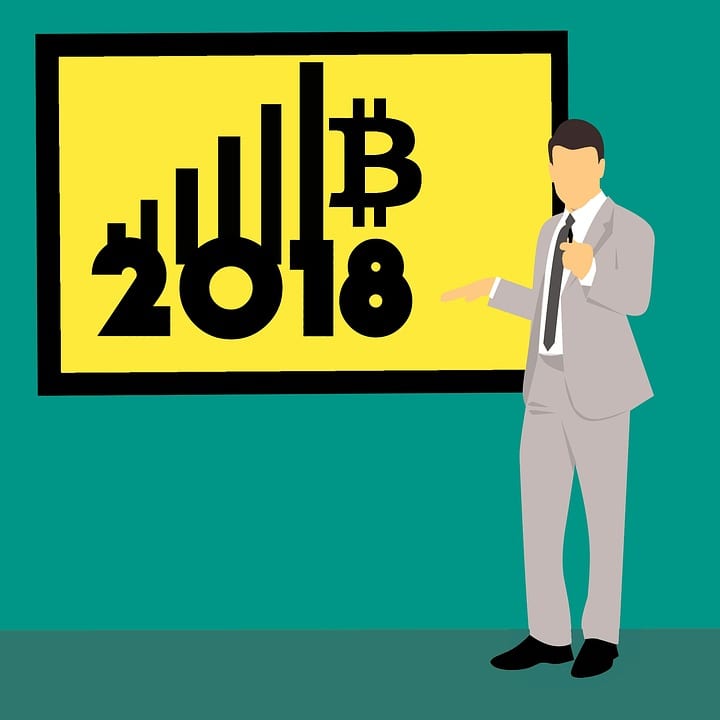That the Internet is a fundamental piece in the development of human civilization is obvious, however for ordinary mortals it is not so simple to understand or be aware of what this revolution has meant in our lives.
In its origins the "network" was uncovered as a opportunity to decentralize informationIn other words, anyone on the planet with internet access could reach specific information with a couple of mouse clicks. In addition to this, said individual could replicate that information as many times as he wanted. This was called the Information Internet.
This Internet of Information seemed to confer a greater degree of freedom to people all over the globe, a priori, a great and perfect idea. However, its own nature was in charge of diluting those benefits for which it was created. In its definition, the Internet is a global computer network for the transmission of information. The fact that it is based on computer support forces us to have a series of protocols written in code that allow its functionality. Likewise, if your objective is to transmit information, we need a series of providers of that information to exist, and it is right here where the idea of freedom and decentralization went down the drain.
The codes with which the aforementioned protocols were forged they were not open source, that is, a random user could not access said code and manipulate it in order to achieve certain functionalities more appropriate for their needs, if not they have had, and still have, that conform to the codes that three or four large companies provide you. In other words, he has to play the game they let him play, thus eliminating a large part of that long-awaited freedom.
On the other hand, content creators are also captured by the need to use the platforms of these multinationals to exhibit their work, accepting the conditions and costs that they impose.
Therefore, the situation that has been experienced in the last 25 years is that of a false decentralization, since in reality everything moves around the algorithms created by a few. If to this we add that anonymity, a basic premise of freedom, is basically impossible using current protocols, we come to the conclusion that the Internet has not done the job well that it originally aimed for.
Faced with this situation an entity, we refer to it like this because his identity is unknown or real identities, called Satoshi Nakamoto decided to create at the end of the first decade of the millennium the protocol Bitcoin, a "peer-to-peer" network (network between peers) that allowed through use of open source that a series of nodes (computers connected in a network) share information between them without there being an organism that controls said transactions, that is, decentralized. Likewise, that shared information would be stored in blocks linked together by an algorithmic function. The Blockchain was born.

The technical aspects about the “chain of blocks"They would give for several articles so we are going to focus on what this technology can bring us.
In the first place, it should be noted that being a technology based on open source Anyone can take a previously written code and modify or expand it as they please, thus obtaining a new application totally different from the initial one. With this, what is achieved is that the processing of the information has a greater weight than the support on which it is written, it is what we call the Internet of Value.
This Internet of Value differs from the Internet of Information mainly in that said information is immutableIn other words, once it is added to the blockchain, it cannot be copied or modified and anyone can access it without the supervision of a central body. A true decentralized system. To this must be added that the addresses used for the transmission of information they are encrypted, with which the preservation of the user's identity is effective.
All these positive aspects have caused that in recent months an infinity of platforms and companies have launched to build their products under the protection of the blockchain, from those dedicated to offering support for different online disciplines even those that allow carry out bank transactions. In this way, we can expect that in the not too distant future any activity that we now carry out from our computer will be based on this system and will be carried out through a service that uses the block chain as support, thus maintaining our anonymity, eliminating intermediaries and with the assurance that our operation will be recognized by all since Blockchain is based on the trust placed between pairs that do not know each other.
It is still an incipient technology that needs a maturation process, but the future is yours, unless we humans destroy it, just as we do with everything good we find.
take a look at this article I wrote!
It is the most affordable cryptocurrency to mine since BOINC works very well in the background, unlike others like Monero that completely (and, intentionally) destroy the L3 cache, making the impact even on powerful computers very large.
https://blog.desdelinux.net/gridcoin-criptocurrencia-de-codigo-abierto/
I forgot the article, haha.
and for all this the big banks will never accept cryptocurrencies, »lose control but how?»
Very good article, without forgetting the risks of anonymity.
The fact that it is encrypted and anonymous gives us the feeling of security. Butooo, it can be used for various purposes.
in the end there will always be patterns and control protocols.